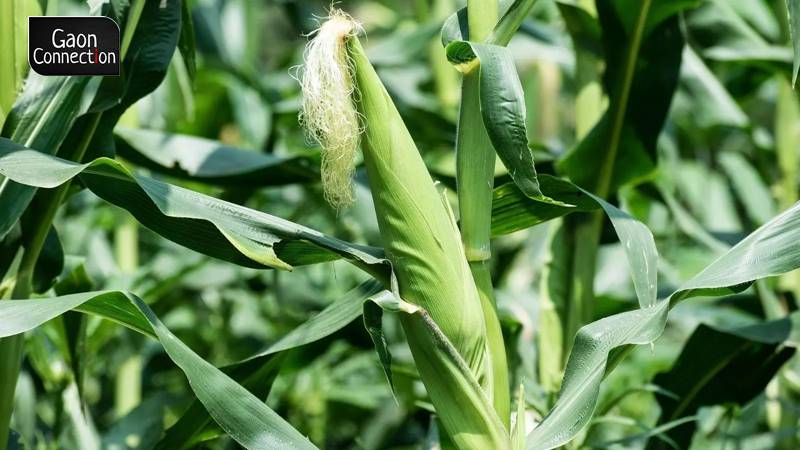High yielding maize varieties developed by agricultural scientists in Rajasthan offer hope to farmers
Scientists at the ICAR-Indian Institute of Maize Research develop two new varieties of maize for the kharif and rabi seasons. Farmers will no longer have to depend on private firms for the seeds.


In Rajasthan the major districts of maize cultivation are Chittorgarh, Banswada, Bundi, Pratapgarh, Jhalawar, Ajmer, Tonk, Alwar and Jaipur.
Vast swathes of farmland in several districts in Rajasthan are devoted to the cultivation of maize in both the rabi and the kharif season. Now, after years of research, ICAR-Indian Institute of Maize Research has developed two new varieties of maize that promise better yield per hectare.
Divisional director, research (now retired) Pramod Rokadia developed the maize varieties called PRHM 1095 for the kharif season and PRHM 1010 for the rabi season.
Farmers will no longer have to depend on private firms for the seeds, inform the scientists at the research station at Banswada, which comes under the Maharana Pratap University of Agriculture and Technology in Udaipur.
“It is not as if there were no maize varieties in the state. But they were all developed by private companies. These new ones are indigenously developed and will give the farmers a higher yield,” Rokadia told Gaon Connection.
In Rajasthan the major districts of maize cultivation are Chittorgarh, Banswada, Bundi, Pratapgarh, Jhalawar, Ajmer, Tonk, Alwar and Jaipur.
The variety of maize developed for the kharif season takes 95 days to be ready for harvesting and promises a yield of 60 quintals per hectare (1 quintal = 100 kgs). The rabi variety on the other hand will take up to 140 days to harvest and will yield about 105 quintals per hectare.
Also Read: Baoris, Bijli Swaraj and Biomass Plants: How the states are responding to climate change
“These varieties are both weather-resistant and are resistant to several common pest attacks, as well,” Rokadia explained. “We have developed these two new varieties. Now the Maharana Pratap Agriculture University will ready the seeds for distribution to the farmers,” he added.
Read the story in Hindi

